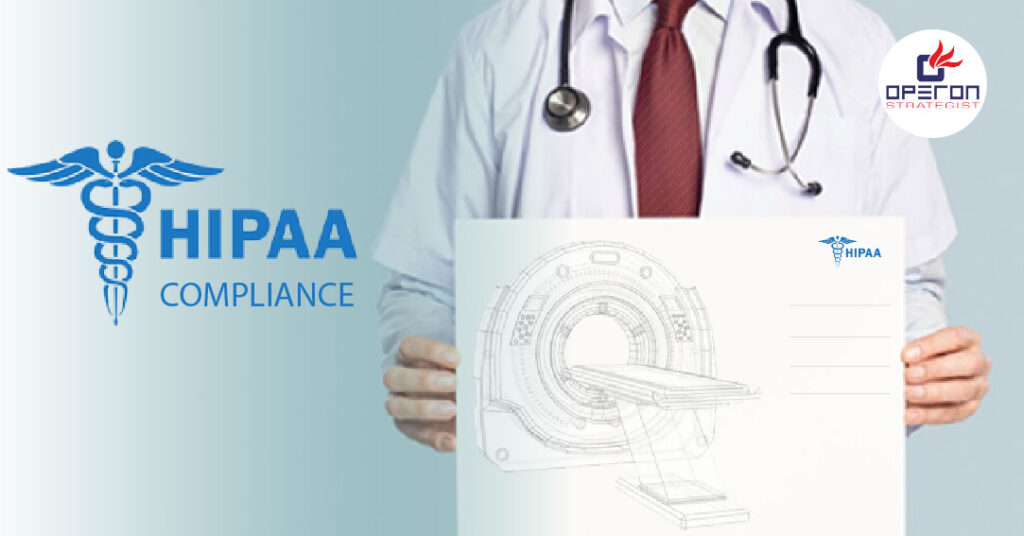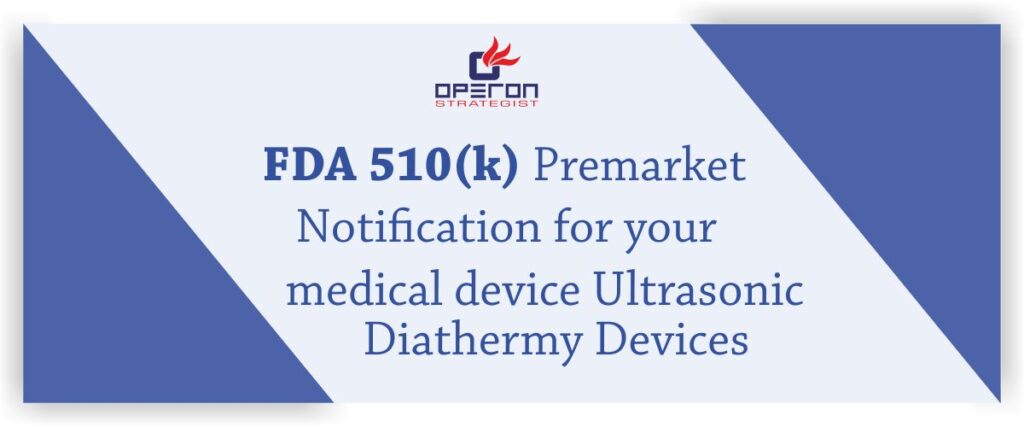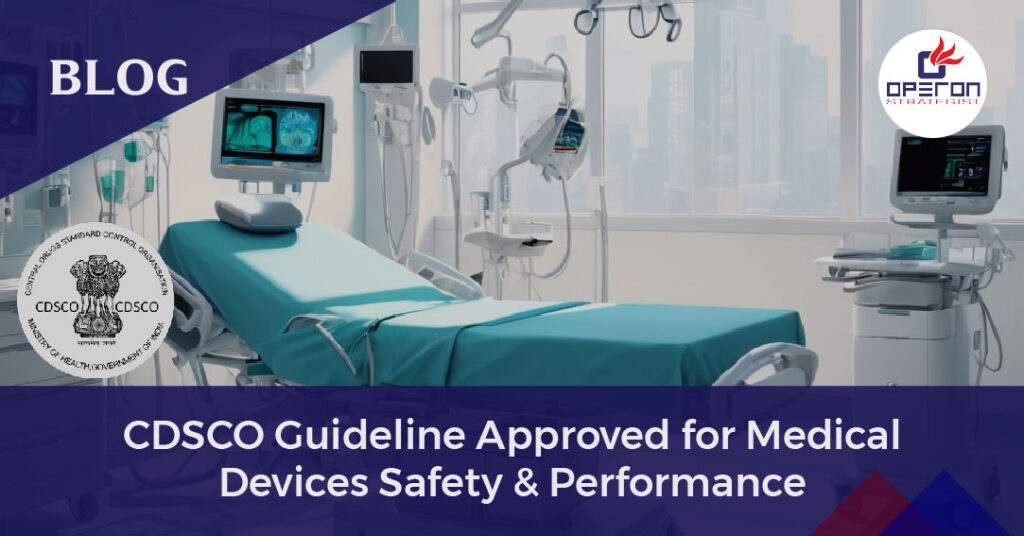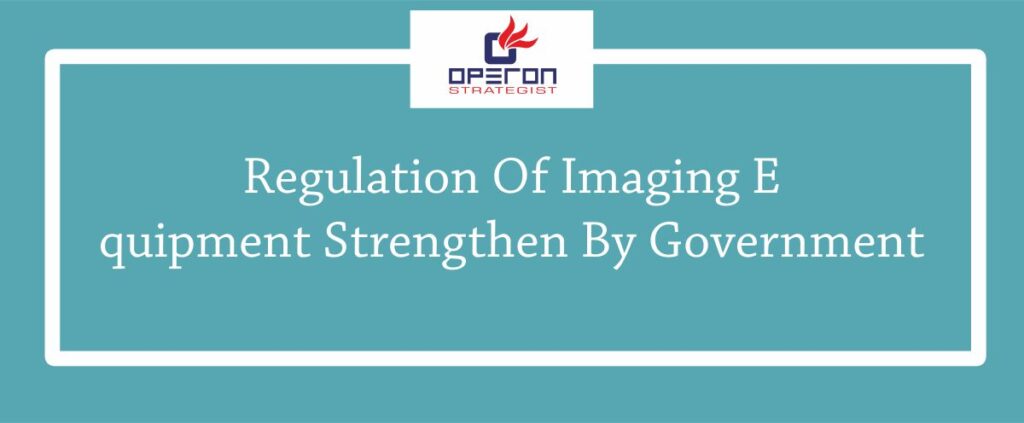What is HIPAA Compliance & Why Does It Matter?
Did you know that a single data breach in the healthcare sector can cost over $10.9 million on average? That’s not just a number—it’s a serious risk to your reputation, finances, and patient trust.
That’s where HIPAA compliance comes in. The Health Insurance Portability and Accountability Act (HIPAA) is more than just a legal requirement—it’s your frontline defense in safeguarding sensitive patient information.
What Is HIPAA Compliance?
HIPAA compliance means following the rules set by the HIPAA Act of 1996—rules designed to protect patient health information (PHI) from unauthorized access, breaches, and misuse.
Looking For a Medical Device Regulatory Consultant?
Let’s have a word about your next project
HIPAA’s Core Goals:
- Keep health records confidential
- Protect electronic PHI (ePHI) with robust security
- Set standards for healthcare entities and vendors
- Enforce penalties for violations
Who Needs to Be HIPAA Compliant?
If your organization touches patient data, HIPAA compliance likely applies to you.
✅ Covered Entities
- Hospitals, clinics, private practices
- Health insurance companies
- Pharmacies
✅ Business Associates
- Medical billing services
- IT vendors working with patient data
- Any third party that stores, processes, or accesses PHI
If you’re unsure, it’s best to assume HIPAA does apply—better safe than sorry!
The 4 Key HIPAA Rules You Need to Know

- Privacy Rule
- Governs how PHI is used and shared
- Gives patients access to their own records
2. Security Rule
- Requires safeguards for digital PHI (ePHI)
- Includes encryption, secure access, and more
3. Breach Notification Rule
- Requires you to inform patients and HHS if a breach occurs
4. Enforcement Rule
- Outlines penalties and allows for audits and investigations
HIPAA Compliance: What You Need to Do
To stay compliant, healthcare organizations and vendors must:
- Conduct regular risk assessments
- Put strong data safeguards in place
- Train all employees on HIPAA basics and updates
- Maintain clear policies & procedures
- Ensure your partners are HIPAA-compliant too
The 7 Building Blocks of a Strong HIPAA Program
- Leadership & Governance – Set the tone with clear direction
- Risk Assessment – Find vulnerabilities before hackers do
- Policies & Procedures – Create and document best practices
- Training & Education – Keep your team informed and ready
- Monitoring & Auditing – Stay on top of compliance
- Incident Response – Have a game plan for breaches
- Documentation – Keep thorough records of your efforts
Your HIPAA Compliance Checklist
✔ Identify where and how you handle PHI
✔ Use encryption and access controls
✔ Train your team annually
✔ Set up an incident response plan
✔ Conduct regular risk assessments
Stay HIPAA Compliant with Operon Strategist
Need Help? Partner with Operon Strategist
Staying HIPAA compliant doesn’t have to be overwhelming. At Operon Strategist, we’re here to make it simpler.
Our team of experts will help you:
- Assess risks and identify gaps
- Strengthen data protection measures
- Train your staff on best practices
Let’s build your compliance program together! Contact Operon Strategist Now.




